What Is PPC Marketing?
PPC Marketing, or Pay-Per-Click Marketing, is a type of online advertising and marketing where advertisers pay a fee each time a person clicks on their advertisement. It’s a popular digital advertising method used to attract more traffic to websites and make merchandise, services, or brands more visible like Antraajaal.
In a PPC campaign, advertisers compete via bidding on unique keywords which are relevant to their target audience. When users search for those keywords on search engines or go to websites with related content, the commercials display as sponsored listings. The advertiser only pays when a user actually clicks on their ad, that’s why it is called Pay-Per-Click.
How Does Pay-Per-Click Work?
Pay-per-click (PPC) is a popular form of digital advertising and is used to drive traffic to websites and increase brand visibility. Here’s how PPC works:
- Advertiser Sets a Budget: The advertiser starts by setting a price range for their PPC campaign. This budget determines how an advertiser is willing to spend on their ads over a particular duration, commonly daily or monthly.
- Keyword Research: Before creating the ad, the advertiser conducts keyword research to discover applicable key phrases or phrases that customers may look for while searching out merchandise, offerings, or facts associated with their business.
- Ad Creation: Based on the selected keywords, the advertiser creates compelling and relevant ads. These ads generally encompass a headline, a short description, and a link to the advertiser’s internet site.
- Bid Amount: When setting up the PPC Marketing campaign, the advertiser additionally comes to a decision on the maximum amount they’re willing to pay for each click on their ad. This is known as the bid amount.
- Ad Auction: When a person searches for a keyword that fits those the advertiser has targeted. The search engine or advertising and marketing platform considers different factors, inclusive of bid quantity, ad relevance, and best score to determine which commercials can be displayed and in what order.
- Ad Display: The winning ads from the auction are displayed on the search engine results page or the platform where the ad is being shown. The order of the advertisements is commonly based totally on the ad’s rank, that’s calculated from the bid amount and the quality score.
- User Clicks at the Ad: When a user sees the ad and finds it applicable or attractive, they will click on it to study extra or visit the advertiser’s website.
- Cost per Click (CPC): The advertiser is charged the bid amount they set whenever a person clicks on their ad. Monitoring and Optimization: Throughout the marketing campaign, the advertiser monitors the overall performance of their ads, making adjustments as had to enhance click-on-through charges (CTR), conversion prices, and overall return on investment (ROI).
- Campaign End and Payment: The PPC Marketing campaign continues to run until the allocated price range is exhausted, or the advertiser comes to a decision to end the campaign. The platform then bills the advertiser for the total value of the clicks received during the duration of the campaign.
What Are The Types Of PPC Marketing Ads?
PPC Marketing (Pay-Per-Click) ads come in various formats to suit different advertising goals and platforms. Here are some mostly used types of PPC ads:
- Search Ads: These are text content-based advertisements that appear at the top or bottom of search engine consequences pages (SERPs) when users search for unique key phrases.

Advertisers bid on keywords, and when someone searches for those terms, the ad can be displayed.
- Display Ads: Display advertisements are visual banners or pictures commercials that seem on websites inside the Google Display Network or different advertisement networks.
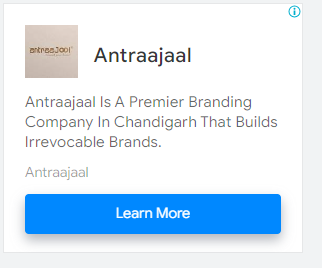
They can be static photos, lively banners, or maybe video commercials. These advertisements are proven to customers based on their interest or the content of the website they are visiting.

- Shopping Ads: These are product-based ads that show snapshots and information about approximately precise products, alongside their expenses and the contact of the store.
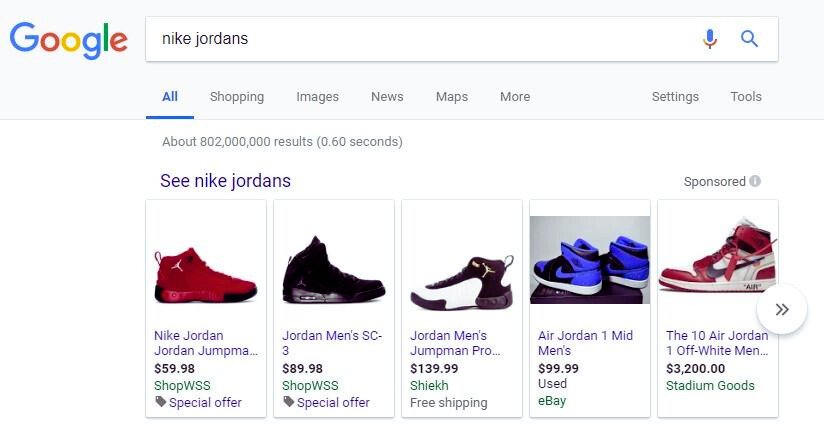
They frequently appear on Google Shopping, Bing Shopping, or different e-commerce platforms.
- Video Ads: Video ads are quick promotional videos that appear on video-sharing platforms like YouTube or other websites that assist video advertising.
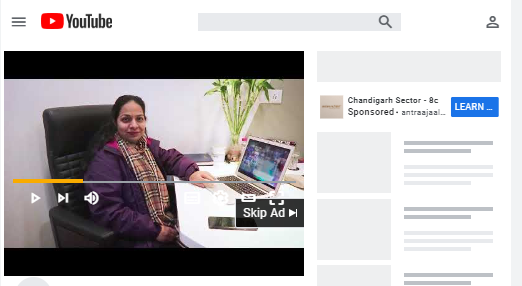
Advertisers can run skippable or non-skippable video commercials before, during, or after the main video content.
- Social Media Ads: Social media systems like Facebook, Instagram, Twitter, LinkedIn, and others provide numerous forms of PPC ads.
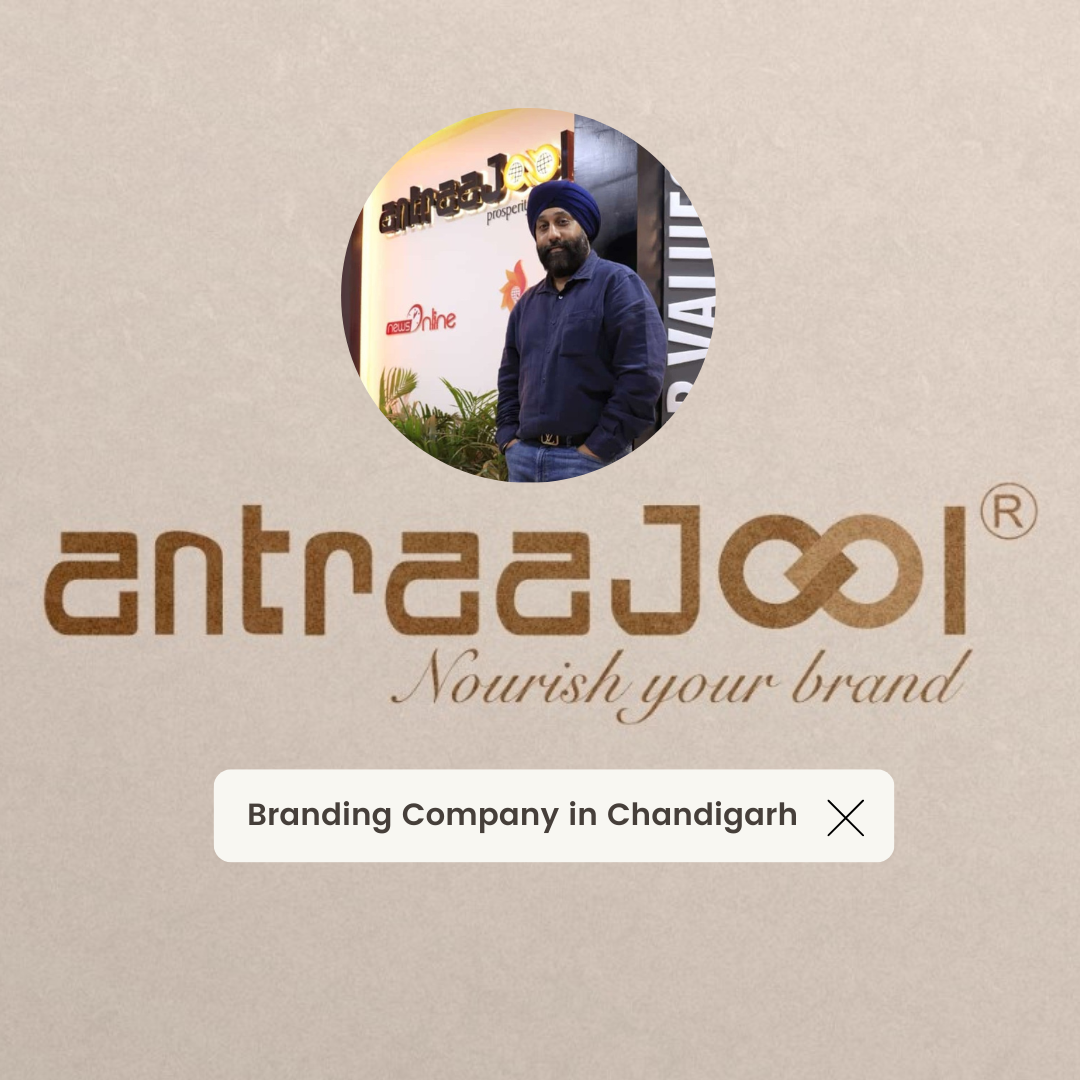
These ads can include sponsored posts, carousel advertisements, promoted tweets, sponsored InMail, and more, targeting specifically for particular audiences based totally on demographics, interests, and behaviors.
- App Install Ads: These advertisements are mainly designed to encourage users to download and install mobile applications. They are commonly visible on mobile apps, social media platforms, and within other mobile-related ad networks.
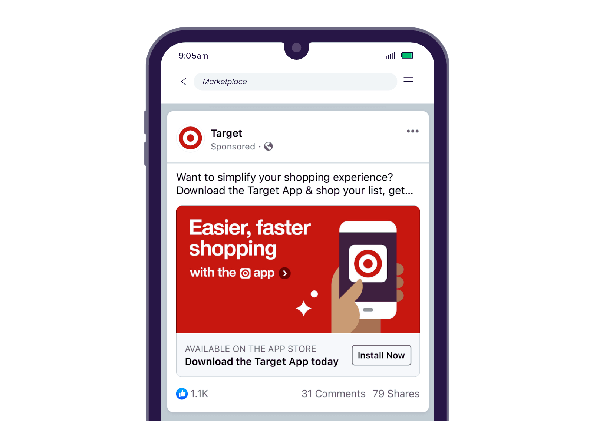
- Remarketing/Retargeting Ads: These commercials main goal is to retain users who have previously visited our website but did not convert.

By using cookies and other monitoring strategies, advertisers can display focused commercials to these customers across different platforms to inspire them to go back and complete their desired actions.
The Benefits Of Using PPC Marketing
PPC, which stands for Pay-Per-Click, is an online marketing model that offers many advantages for businesses.
- Fast and focused site visitors: PPC can quickly drive relevant site visitors to your website, as your commercials appear to customers actively looking for products or services just like yours.
- Cost control: With PPC, you’ve got control over your budget, placing daily or monthly spending limits, ensuring you only pay for real clicks for your ads.
- Targeted marketing: You can choose keywords, demographics, and locations to show your advertisements, achieving your preferred audience and growing the chances of conversions.
- Valuable insights: PPC platform provides targeted data and analytics, giving you valuable insights into ad overall performance, target market behavior, and conversion costs, that could inform your advertising techniques.
- Flexibility and quick results: Unlike a few other advertising techniques, PPC campaigns will adjust easily, allowing you to respond to market adjustments and see results quickly.
Tools For PPC Marketing
Here are some tools that may be useful for handling and optimizing your PPC Marketing campaigns
- Google Ads: One of the broadly used PPC platforms, allowing you to create and control ads that appear on Google search results and display networks.
- Facebook Ads Manager: A effective tool for running PPC campaigns on Facebook and Instagram, providing specific audience-focused options and ad formats.
- Google Keyword Planner: Helps you discover relevant keywords for your PPC campaigns and provides insights into the search volume and competition.
- Google Analytics: While not exclusively a PPC tool, it is a valuable platform to track website traffic, user behavior, and conversion data, which can help you evaluate the effectiveness of your PPC campaigns
- SEMrush: Offers competitive analysis, keyword research, and marketing campaign monitoring equipment to enhance your PPC strategy.
- Ahrefs: Primarily acknowledged for SEO tools, Ahrefs also offers valuable PPC statistics and competitor analysis.
What’s The Difference Between PPC, SEM, And SEO?
| Feature | PPC | SEM | SEO |
| Type of Advertising | Paid | Paid and organic | Organic |
| How it works | Advertisers pay a fee each time someone clicks on their ad | Advertisers use a variety of strategies to improve their website’s visibility in SERPs, including keyword research, content optimization, and link building | The website is optimized for relevant keywords so that it ranks higher in SERPs |
| Cost | Pay per click | Varies depending on the strategy used | No cost, but time-consuming |
| Timeliness | Immediate results | Can take several months or even years to see results | Long-term strategy |
| Control | High level of control | Some level of control | Low level of control |
| Best for | Immediate results, high budget | Long-term strategy, all budgets | Long-term strategy, low budget |
| Placement Speed | Immediate | Immediate for paid, time for organic | Time required for improvement |
Who Should Use PPC Marketing?
PPC (Pay-Per-Click) advertising and marketing should be used by businesses and individuals who need to sell their services or products online in a value-effective way. It is mainly appropriate for:
- Small Businesses: PPC allows small businesses with limited budgets to compete with large companies, as they only pay when someone clicks on their ads.
- Startups: Startups can gain quickly visibility and attract potential customers through PPC campaigns, which may be set up without problems.
- Online Retailers: E-commerce businesses can use PPC to target specific merchandise or sales promotions, using site visitors to their online stores.
- Local Businesses: PPC enables local businesses to target customers in their geographical area, increasing footfall to their physical stores.
- Lead Generation: Companies looking to capture leads or inquiries can benefit from PPC’s ability to direct interested users to relevant landing pages.
- Branding and Awareness: Even if direct conversions are not the primary aim, PPC can enhance brand visibility and create a robust online presence.
What Are The Top PPC Marketing Advertising Platforms?
- Google Ads: Ads on Google’s Seek and affiliated websites.
- YouTube: Video advertisements on the world’s biggest video platform.
- Facebook Ads: Targeted advertisements on Facebook.
- Instagram Ads: Visually appealing advertisements on Instagram.
- Microsoft Advertising: Ads on Bing search and companion websites.
- TikTok Ads: Short video ads on TikTok.
- LinkedIn Ads: Targeted commercials for professionals.
- Twitter Ads: Ads to interact with an extensive target market in real-time.
Each platform has unique features and audience demographics. Choose the right one that suits your goals and target audience.
Conclusion
In conclusion, Pay Per Click (PPC) advertising is a powerful and cost-effective online advertising method. It offers a specific focus on, actual-time statistics, and measurable effects, making it an essential tool for organizations of all sizes. However, success requires careful planning, creativity, and ongoing optimization to stay ahead in a competitive landscape. When used strategically, PPC Marketing can significantly enhance online visibility and drive business growth.
